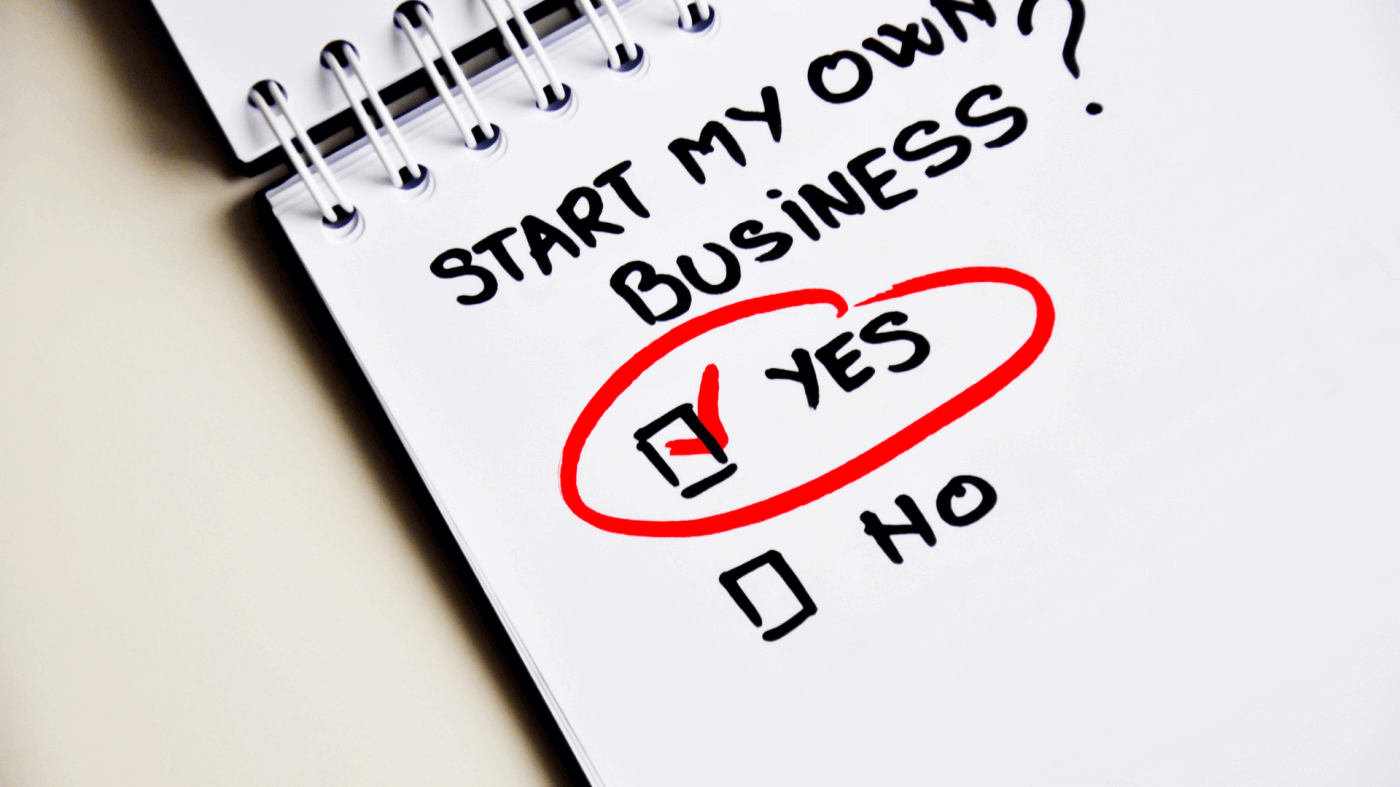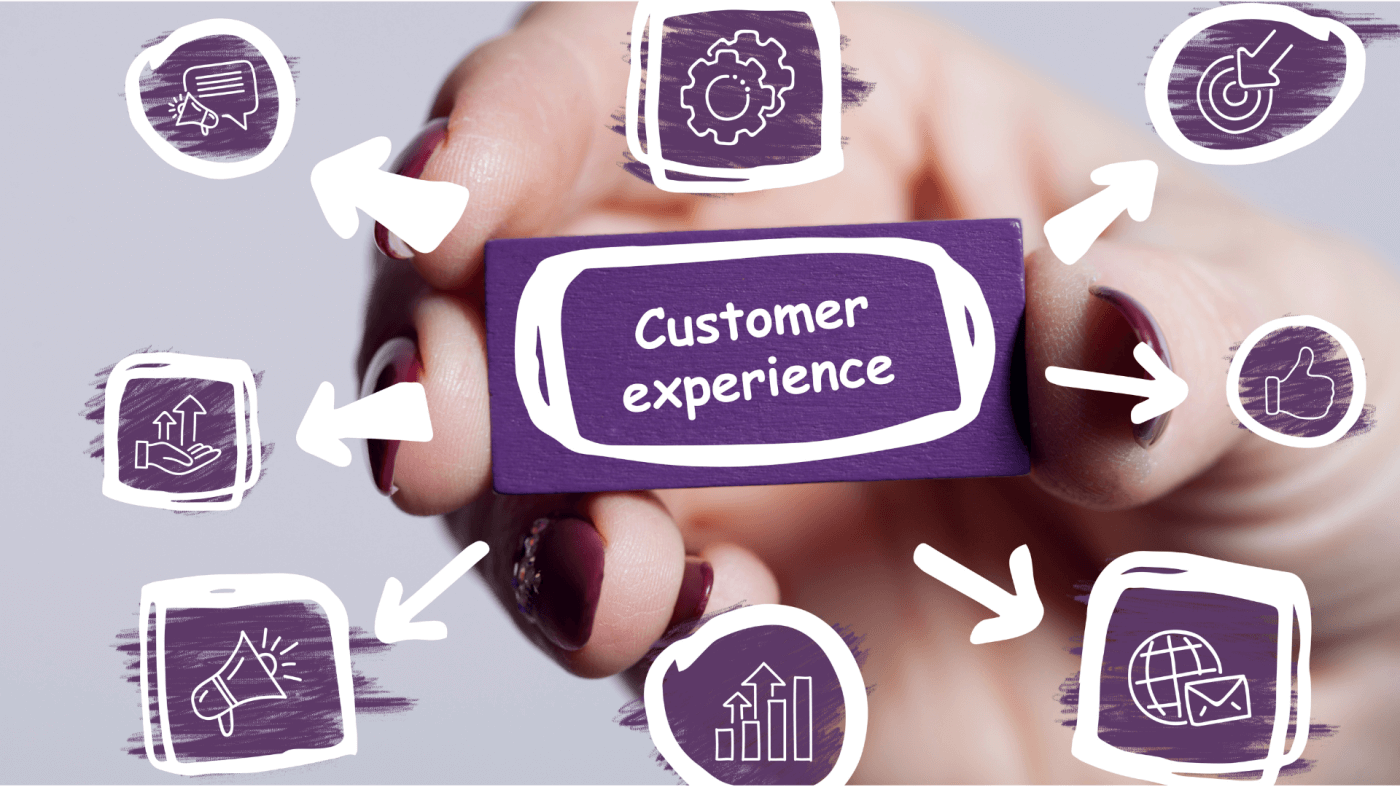Biases towards black-owned businesses can take many different forms, and can often be rooted in unconscious biases and stereotypes. These biases can have a significant impact on the success and growth of black-owned businesses and can prevent these businesses from reaching their full potential.
One of the most common biases that black-owned businesses face is a lack of visibility and recognition. This can manifest in a variety of ways, such as black-owned businesses being overlooked for advertising opportunities, media coverage, and other types of exposure. This lack of visibility can make it difficult for black-owned businesses to reach new customers and build brand awareness, which can in turn impact their ability to grow and thrive.
Another common bias is a lack of access to funding and resources. Black-owned businesses are often unable to secure loans and investments at the same rate as their white-owned counterparts, which can make it difficult for them to grow and expand. This bias is often rooted in systemic barriers and discrimination, as well as unconscious biases that lead investors to view black-owned businesses as being less valuable or less likely to succeed.
In addition to these more systemic biases, black-owned businesses also face more direct forms of discrimination and prejudice. For example, some customers may refuse to patronize black-owned businesses due to their own biases and prejudices, or may treat black business owners with less respect or courtesy than they would a white business owner.
How to break down these biases?
Breaking down biases towards black-owned businesses is a critical step towards creating a more inclusive and equitable society. Biases, whether conscious or unconscious, can lead to discrimination and prejudice, and can prevent black-owned businesses from reaching their full potential.
One of the key ways to break down biases towards black-owned businesses is to educate yourself and others. This can involve learning about the history and culture of black communities, as well as the challenges that black-owned businesses face in today's society. By increasing your understanding of these issues, you can become a more informed and empathetic advocate for black-owned businesses.
Another important step is to actively seek out and support black-owned businesses. This can involve shopping at black-owned stores, restaurants, and other businesses, or using black-owned services and products. By showing your support for black-owned businesses, you can help to create a positive and supportive environment that will encourage these businesses to grow and thrive.
In addition to supporting black-owned businesses, it is also important to advocate for policies and programs that help to support and grow these businesses. This can include advocating for initiatives that provide financial assistance and resources to black-owned businesses, as well as pushing for changes in the broader business community that help to break down systemic barriers and biases.
Another way to break down biases towards black-owned businesses is to engage in conversations and discussions about these issues. This can involve participating in events and forums that focus on black-owned businesses or joining online communities and social media groups that support and celebrate these businesses. By engaging in these conversations, you can help to raise awareness about the challenges and opportunities facing black-owned businesses, and help to foster greater understanding and empathy.
Breaking down biases towards black-owned businesses is a critical step towards creating a more inclusive and equitable society. By educating ourselves and others, supporting black-owned businesses, advocating for supportive policies and programs, and engaging in conversations and discussions about these issues, we can help to create a positive and supportive environment for black-owned businesses to grow and thrive.





